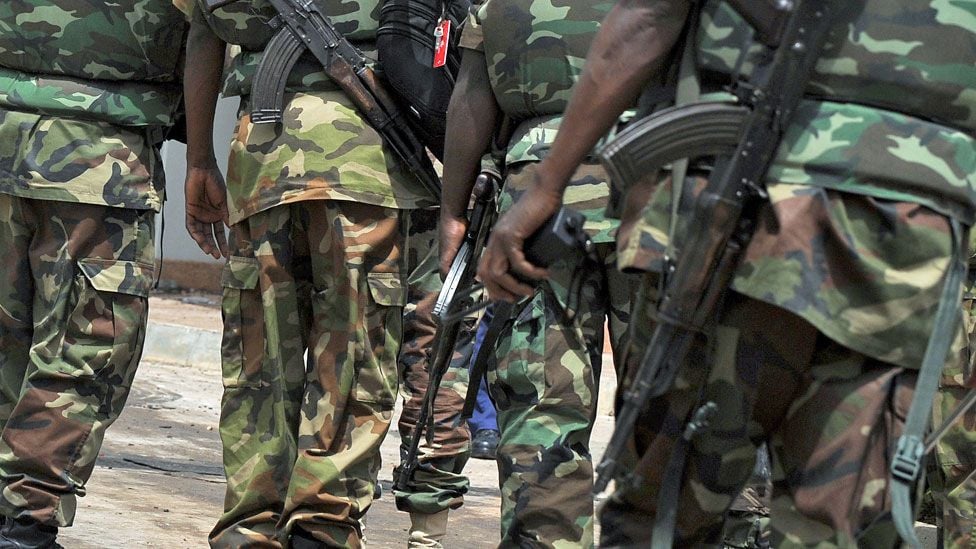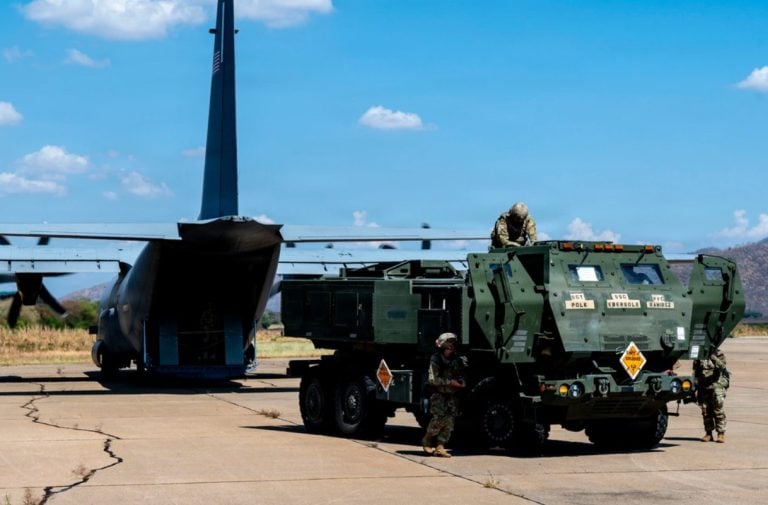The Nigerian military has taken significant action against internal corruption, detaining over 30 soldiers and police officers accused of stealing weapons from military stockpiles and selling them to armed groups, including jihadist factions. This measure comes amid the country’s ongoing struggle with a protracted 15-year jihadist insurgency in the northeast, compounded by additional challenges such as farmer-herder conflicts in the north-central region, violent secessionist movements in the southeast, and rampant kidnapping-for-ransom in the northwest.
Spokesman Ademola Owolana reported that an operation launched in August 2024 aimed to combat the increasing incidents of arms and ammunition theft. As of the latest updates, the military has arrested 18 soldiers, 15 mobile police officers, and eight civilians, which includes a traditional ruler. During a Wednesday briefing, Owolana attributed the misconduct to a “few soldiers motivated by greed,” suggesting that they had deliberately diverted military supplies to terrorist groups.
The situation has worsened recently, with a notable uptick in deadly jihadist attacks in the northeast, particularly targeting military bases. Reports indicate that organizations like Boko Haram and the Islamic State West Africa Province (ISWAP) have staged raids that not only threaten security forces but also contribute to a growing arms supply chain for jihadists in the Sahel region. According to Conflict Armament Research, a UK-based organization that studies jihadist weapon sources, raids on military installations have enabled these groups to acquire at least 20 percent of their weaponry.
This disturbing trend highlights the dual challenges facing Nigeria’s military: not only are they combatting external threats related to jihadist insurgents, but they are also having to address vulnerabilities within their ranks that enable such insurgent groups to flourish. The current wave of arrests is seen as a crucial step in restoring integrity and trust within the military apparatus as they continue to confront these multifaceted security challenges.







